UPDATED: This piece was updated on April 6 at 3:15 p.m. CDT to include additional information about the position of magistrates within the Metro Nashville General Sessions Court.
Vanderbilt administrators have sent three emails to the Vanderbilt community addressing the March 26 sit-in at Kirkland Hall. The Hustler identified inconsistencies in two of these statements compared to information independently verified by The Hustler.
The first email, from provost and vice chancellor for academic affairs C. Cybele Raver, was sent to the Vanderbilt community at around 10:45 p.m. CDT on March 26. It addressed the events of that day and included video footage of student protestors entering Kirkland Hall. Chancellor Daniel Diermeier sent the second email at around 3:45 p.m. CDT on March 27 and included further details about the situation as well as updates on students’ arrests and suspensions. Raver sent a third email today about sanctions administered to student protestors, with which The Hustler found no inconsistencies.
Read on for fact-checks of Vanderbilt administrators’ emails about the Kirkland Hall sit-in.
What is the construction status of Kirkland Hall?
Raver’s email states that Kirkland Hall is “closed for ongoing construction.” Hustler reporters and photographers were denied access to Kirkland Hall during the sit-in by a university representative claiming the building was closed due to construction. Similarly, in his April 2 WSJ op-ed, Diermeier described Kirkland Hall as a “closed administrative building.” Signs outside the building also state it is closed due to alleged construction.
However, a university representative previously told The Hustler that business operations in Kirkland Hall would resume in mid-February. Vanderbilt’s FutureVU website lists Kirkland Hall’s renovation as complete, and Vanderbilt employees have been seen leaving the building at the end of work days. Construction equipment is not located outside the building. The Hustler held an interview in Kirkland Hall with Diermeier on March 22. The university did not immediately respond to The Hustler’s request for an update on the alleged construction.
When and why did the protesters leave Kirkland Hall?
Diermeier’s email also states that student protestors left Kirkland Hall voluntarily at around 6 a.m. CDT on March 27. Diermeier’s op-ed similarly states that 25 students remaining in Kirkland on the morning of March 27 left voluntarily.
However, students reported to The Hustler that they were woken and escorted out of the building by police officers, which was confirmed in video footage obtained by The Hustler. Students left the building after 6 a.m. CDT, at around 6:30 a.m. CDT.
Two students left during the night due to medical and family emergencies and three students were placed under arrest for assault, leaving 22 students who were escorted out of the building by police.
Video footage reviewed by The Hustler shows officers holding unarrested students’ hands behind their backs as they escorted them out of Kirkland Hall, suggesting their exit was not voluntary. Protestors told The Hustler that this situation led them originally to believe they were being arrested.
What are the legal consequences for the student protesters?
Diermeier’s email also explained the arrest of and criminal charges against four students involved in the protest.
“The Metropolitan Nashville and Davidson County Magistrate’s Office has charged three students with Class A misdemeanor assault for pushing a Community Service Officer as well as a staff member who offered to meet with them as they entered Kirkland Hall on Tuesday,” the email reads. “A fourth student has been charged with vandalism after breaking a window in the building’s exterior Tuesday evening.”
The Metropolitan Nashville and Davidson County Magistrate’s Office does not exist. According to the website of the Metropolitan Nashville and Davidson County General Sessions Court, five judicial magistrates comprise a “viable and productive” extension of the court but do not appear to constitute a distinct office. Additionally, judicial bodies do not charge individuals; rather, prosecutors do.
How did the protesters enter Kirkland Hall?
Raver states in her March 26 email that students entering Kirkland Hall assaulted a Community Service Officer and pushed staff members who offered to meet with them. In his op-ed, Diermeier said a CSO officer was hurt during the sit-in, and students “pushed staff members and screamed profanities.”
Blurred video footage released by the university shows students engaging with a Community Service Officer, but the alleged interactions with other staff members in the building are not seen in the footage. The video does not contain audio. The university denied The Hustler’s request for additional and unblurred video footage.
What happened to Nashville Scene reporter Eli Motycka?
Raver’s first email and Diermeier’s email only refer to the detainment of Nashville Scene reporter Eli Motycka. However, a university statement to The Hustler used the phrase “detained, arrested, and released without charges filed” to describe the incident. Motycka’s arrest was also witnessed and photographed by The Hustler.
Both emails report that Motycka was asked to leave campus before he was arrested, a claim Motycka denied in an interview with The Hustler.

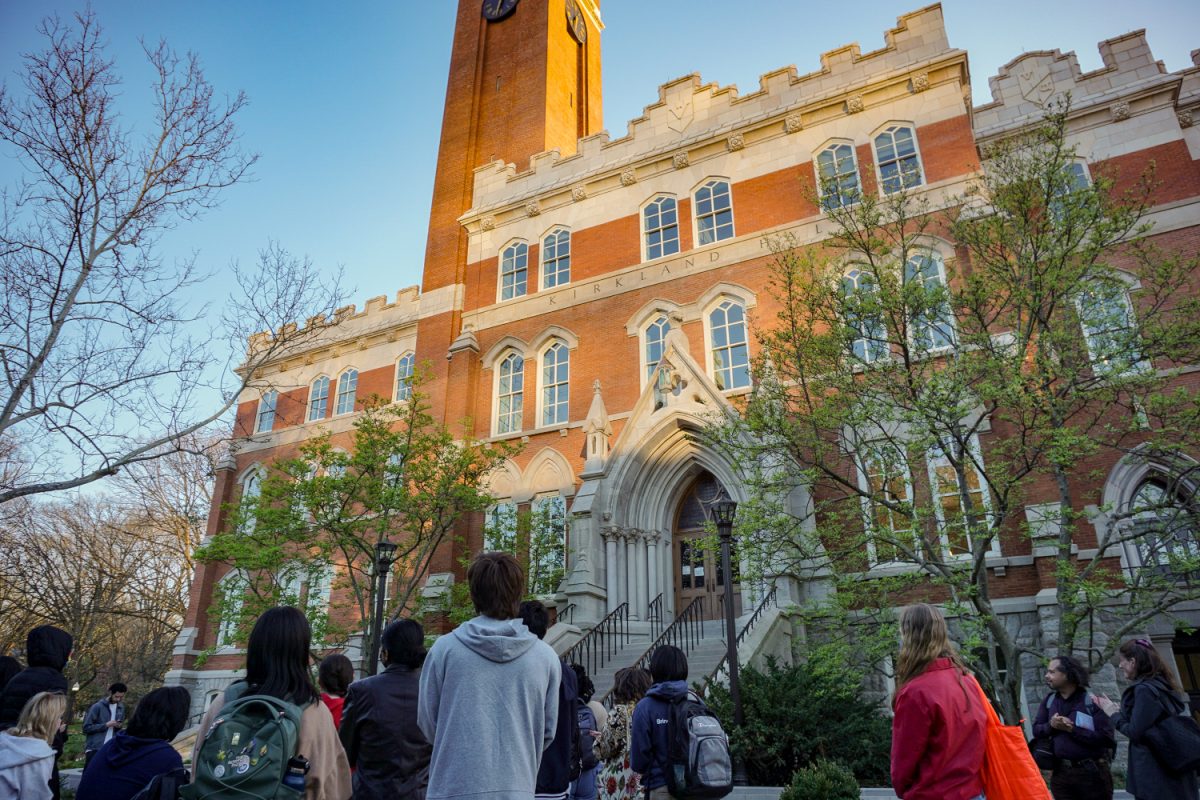


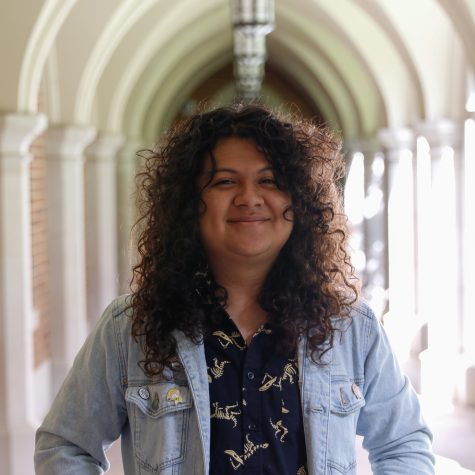

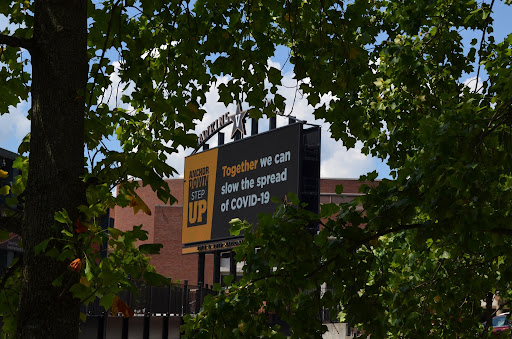


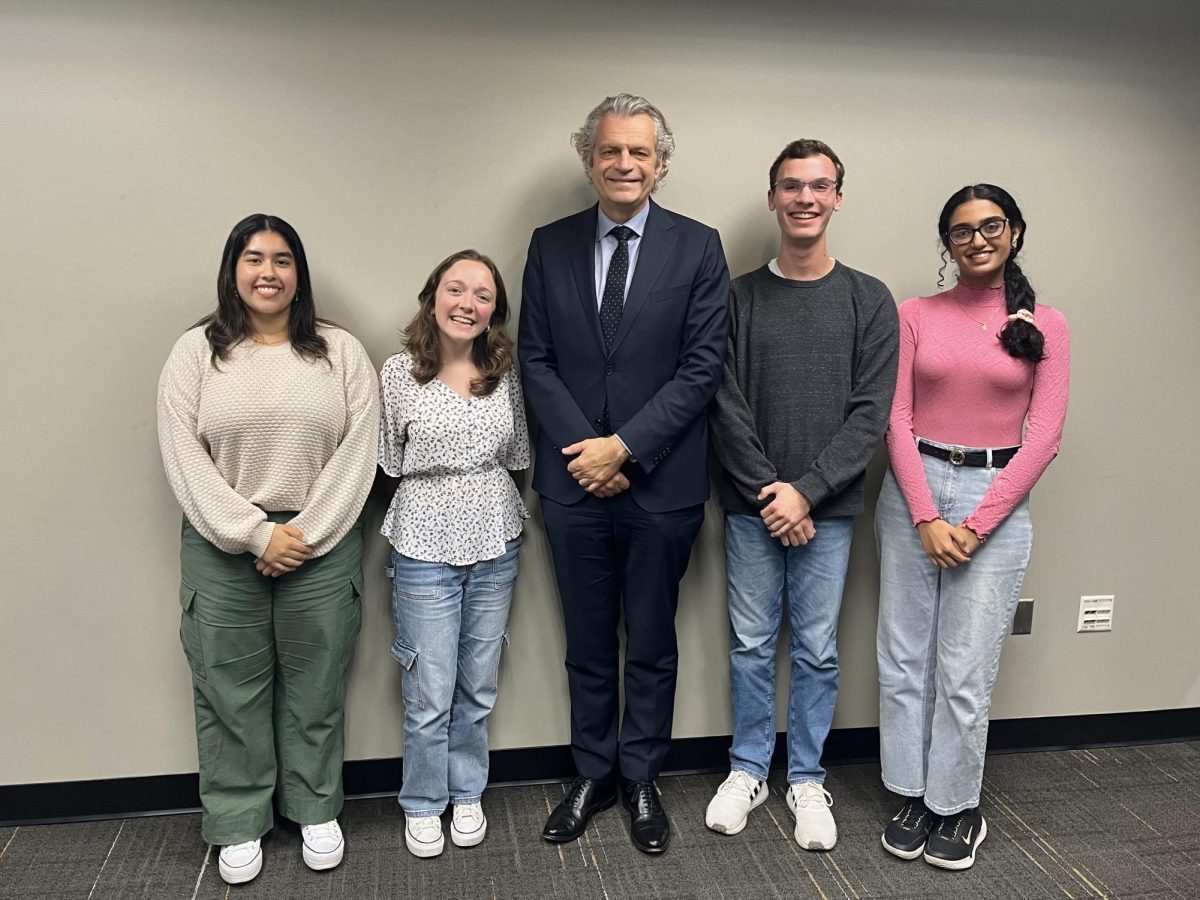
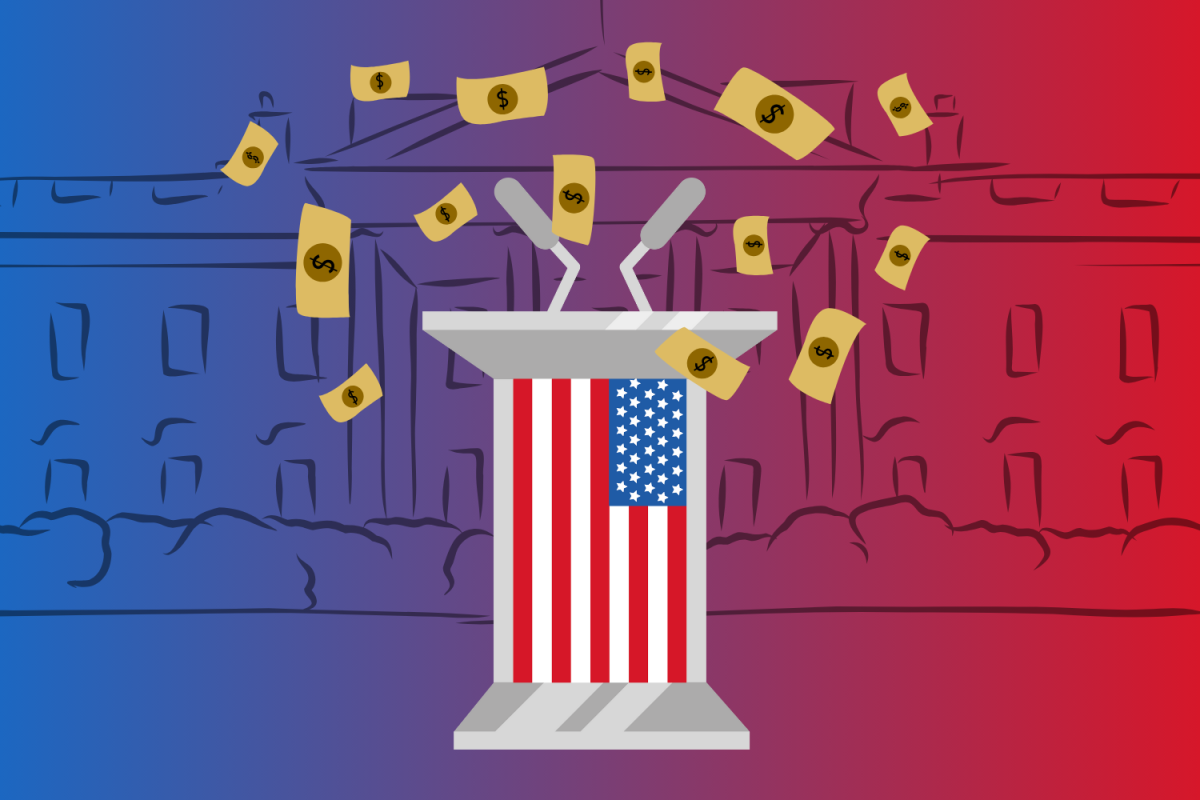
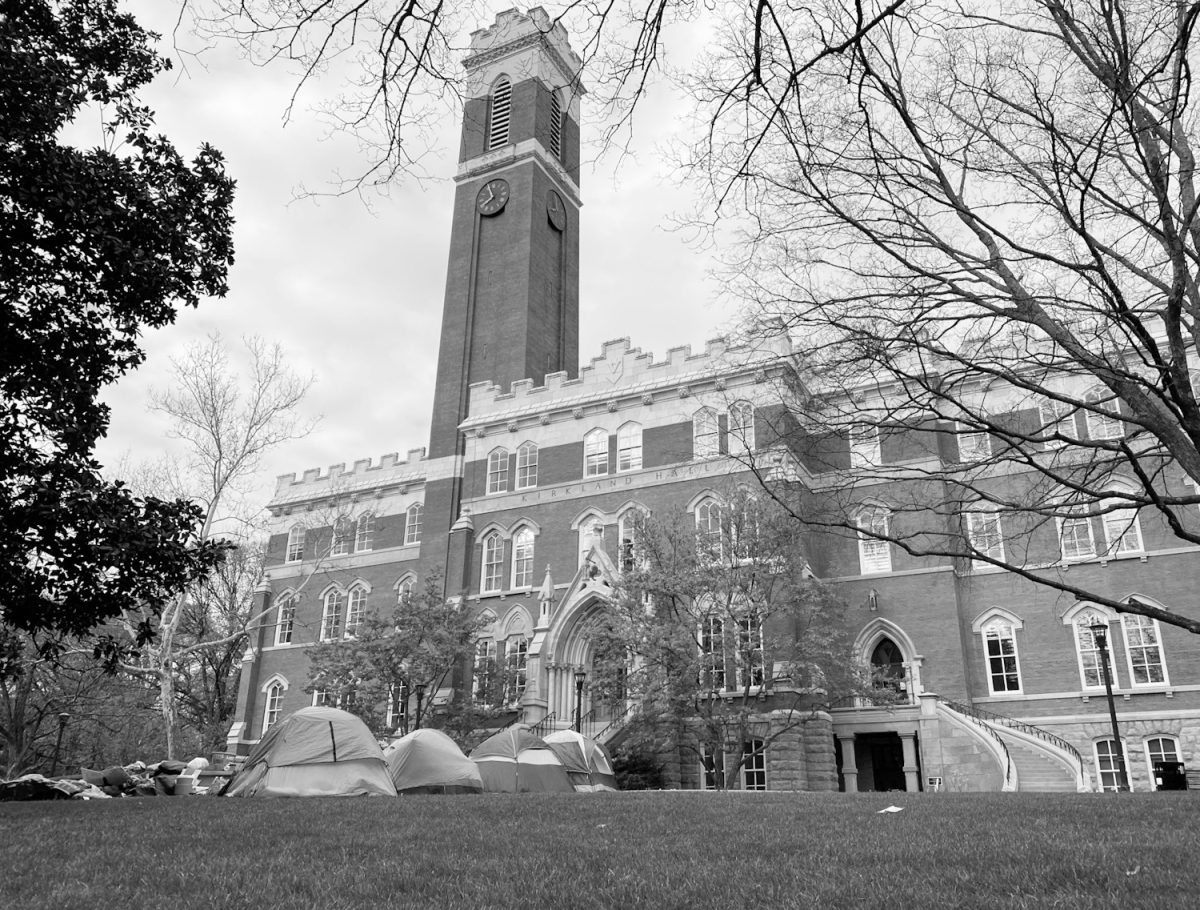
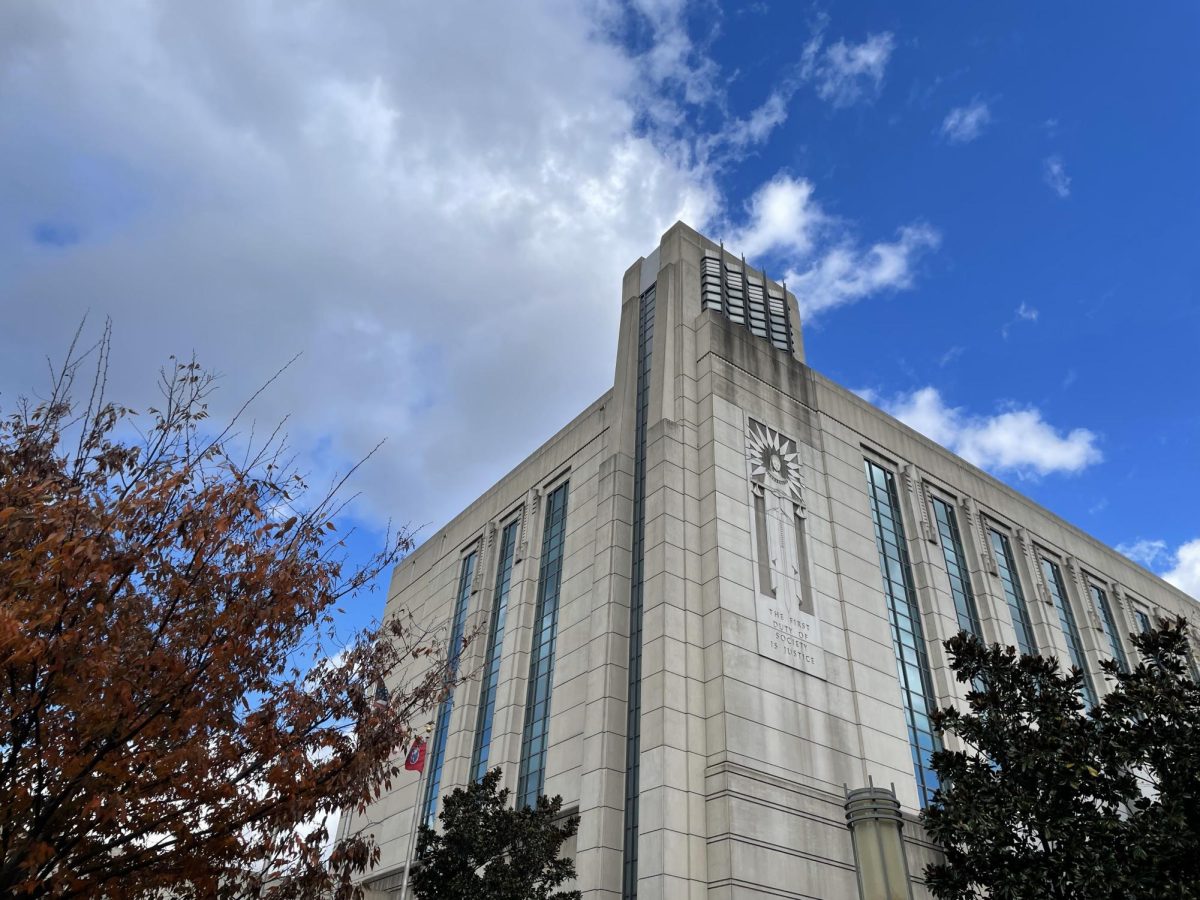
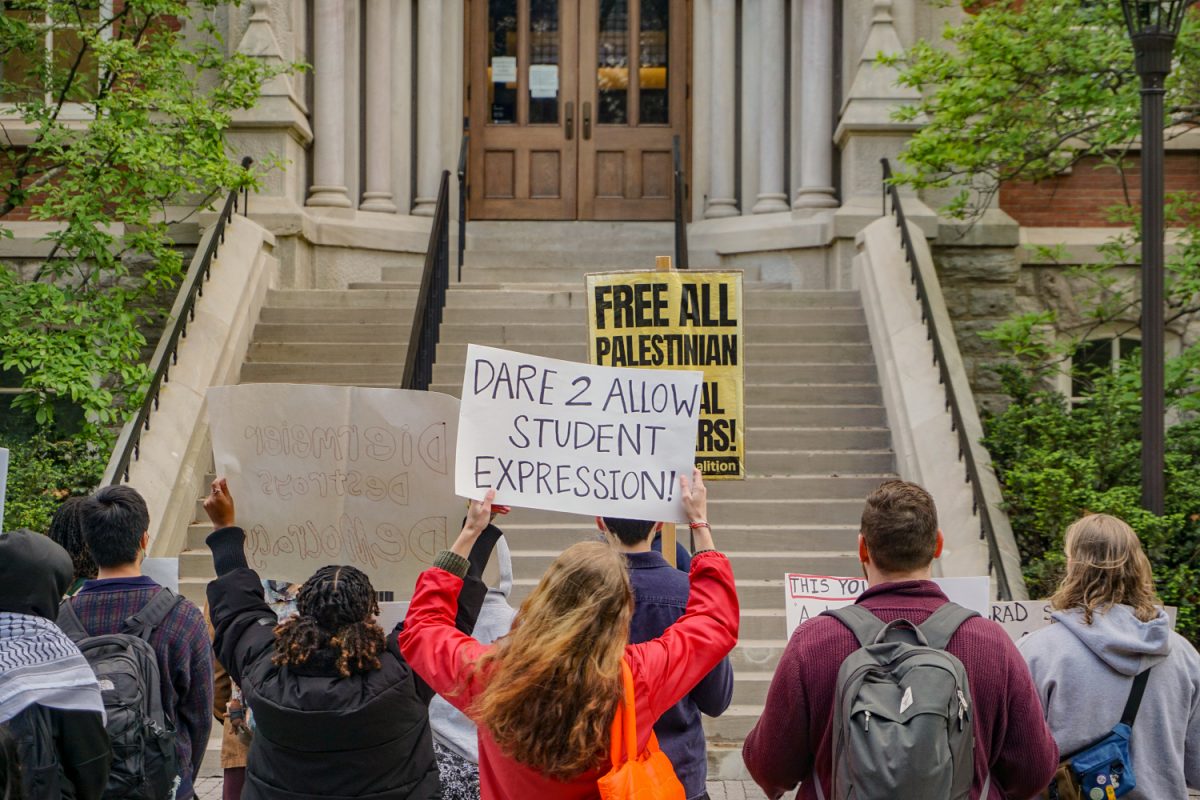
You Are Getting A Criminal Record • Apr 7, 2024 at 8:51 am CDT
You realize there is more than one security camera that documented the assaults on staff members, right?
Free Palestine • Apr 10, 2024 at 12:04 pm CDT
why doesn’t vanderbilt release the footage if it’s so damning?
It’s because they’re lying about what happened. Wake up
1982 Alum • Dec 2, 2024 at 4:09 pm CST
I would love to see this footage. I wonder why they’re not showing it. They could blur out the faces but let us see exactly how this was an assault. I tend to doubt that there was any assault whatsoever.
I do think that there is a lot of interest nationally by fascists to silence dissent and to criminalize speech. I wouldn’t be surprised if these students were held up as a “example” to chill speech.
In the Vietnam war era when people still had a conscience, there were student protests and sit-ins that didn’t involve arresting anybody and trying to prevent them from having a future in their academics but we see what type of people are running the schools around the nation these days.
I am really appalled at the way the AIPAC lobby controls the country. I’m very impressed with what I’ve seen of Jewish Voice For Peace and some excellent Jewish nonpartisan journalists and communicators like Glenn Greenwald, Noam Chomsky, Lee Camp, those at The Grayzone, and those at Mondoweiss, however. I sometimes like those at Due Dissidence too. Freedom of speech is precious and under threat currently.
1982 Alum • Dec 2, 2024 at 4:16 pm CST
You can run your mouth about how these young people are going to get a criminal record but every time I see something like this, it informs me about where I want to send my donations. I went to Vanderbilt and I expect the highest standards in free thinking and freedom of speech, and I see that’s not what is going on there these days.
It’s interesting how the story said at first that they assaulted the community services officer and then later in the article it said they pushed past him. That is quite a stretch jumping from assault to pushing past someone.
People push past people all the time in lines without being accused of that and it sounds like it wasn’t intentional from this description although it’s clear that the writer of the article wants us to think it was an assault. People pushing forward through a line into a building could easily not realize how something might seem and should’ve been warned the first time so that they would understand what broad definitions the school uses for assault instead of trying to ruin their lives.
Disappointing. Since my number one hot button topic is freedom of speech, this will not be something I forget, and if this is how things continue, I won’t be donating to VU.
1982 Alum • Dec 2, 2024 at 4:19 pm CST
Did not know this was seven months old until just now. It seems that it came into my inbox today. Anyway if they don’t post my comments I’ll keep that in mind too about VU since they have a “waiting period” before they put the comments up.
Tired Student • Apr 6, 2024 at 11:31 am CDT
What do y’all mean “the Magistrate’s Office does not exist”? Most likely they were charged via Night Court, which falls under the Magistrate Office.
See here: https://gscourt.nashville.gov/departments-services/night-court/
angry vanderbilt student • Apr 6, 2024 at 11:04 am CDT
every time diermeier lies, another child in gaza dies